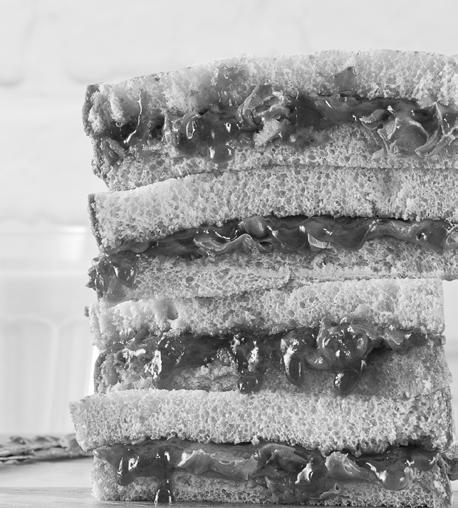SUMME R 2 0 2 0
Beyond Practice-based Competencies: Genetic Counseling Reassignments in the COVID-19 Pandemic
It is often said that the genetic counseling profession is made up of a significant number of Type A personalities. If you would describe yourself this way, you may be inclined to agree that unexpected, tumultuous events are not a favourite pastime. Worldwide pandemics, the likes of which we are unlikely to see again in our lifetimes, may be one of the few things to be unequivocally assigned to this category. Despite the many Amber Gamma, MS, CGC challenges COVID-19 and its swift spread Member of ABGC Marketing and across the planet has brought with it, for Communications the genetic counseling profession, it has also Committee brought a new moment for our community to shine. From coast to coast and across North American borders, our ABGC Diplomates have risen to the occasion when called upon, taking on roles they did not anticipate, and have excelled at helping their communities deal with this momentous event in history. Clinical genetic counselors like Priyanka Ahimaz, of Columbia University Medical Center (CUMC) in New York and Michelle Caudle of London Health Sciences Centre (LHSC) in Ontario, Canada saw their usual clinical roles shift with the onset of the pandemic. Michelle and her team were the first group to be reassigned over the course of a week in mid-March. Their new role? Staff screening programs at the entrances to the hospital. “Every person felt like a mini-counseling session,” Michelle said, noting that her psychosocial and rapport building skills as a genetic counselor came in handy. Meanwhile, in New York, the worldwide epicenter of COVID-19 infections at the time, the clinical team at CUMC found themselves working on an emerging COVID19 biobank to avoid the risk of furlough. Priyanka, who usually has a split clinical, research and teaching role, now had the new responsibilities of recruiting and consenting COVID-19 positive patients. This also allowed her and her team to become remote and safeguard their health, which Priyanka noted was the toughest adjustment for her. Used to being on the floors of her hospital and interacting with patients in person, the sense of removal and talking with people over the phone challenged her to remain present with her new patients to be able to effectively address their concerns.
4
It wasn’t just genetic counselors in clinical roles, however, that saw new responsibilities flood in with the COVID-19 case count. Lab-based genetic counselors and genetic counselors in industry also found their roles changed. Melissa Hicks is a laboratory genetic counselor at Detroit Medical Center who typically coordinates send-out genetic testing as well as doing test review and internal support for her institution. When the typical test volume plummeted and the demand for COVID-19 testing soared, a new send-out test, COVID-19 nasal swabs, needed coordination. Melissa became part of a team that took this on by harmonizing COVID-19 results data from multiple reference laboratories to be able to provide to the state government and institutional leadership. Even though she may not have regular patient contact even on a normal day, the patient-centered ideology behind genetic counseling and remembering that there was a real person behind all of the results she was dealing with helped her show up to work, even on the toughest of days. Across the US in California, when it became apparent no public player would be able to meet the demand for COVID-19 testing, private genetic testing labs like Color Genomics rose to the occasion. Lily Servais, a genetic counselor who works as a Medical Science Liaison for the company, adopted a change in her typical provider education from genetic testing and its specifics to COVID-19 nasal swabs and their collection. She also assisted Color with its pre- and post-collection workflow. Other genetic counselors at the company also became involved in positions like supply acquisition, workflow management and testing site launch and operations. The company also teamed up with municipalities like the city of San Francisco and private companies for their return to work programs. This change of gears for the company allowed them to use their clinical and non-clinical genetic counselors in new ways. While the future is unknown, what can now be said with confidence is that genetic counselors can be part of the team to combat whatever COVID-19 waves may be coming and can be part of the solution to new challenges the pandemic has and will continue to uncover. A fair number of genetic counselors now find themselves with a new appreciation of the meaning of “other job responsibilities, as required” and we thank them for being a fantastic representation of what it truly means to adapt, evolve and thrive as a genetic counselor.




